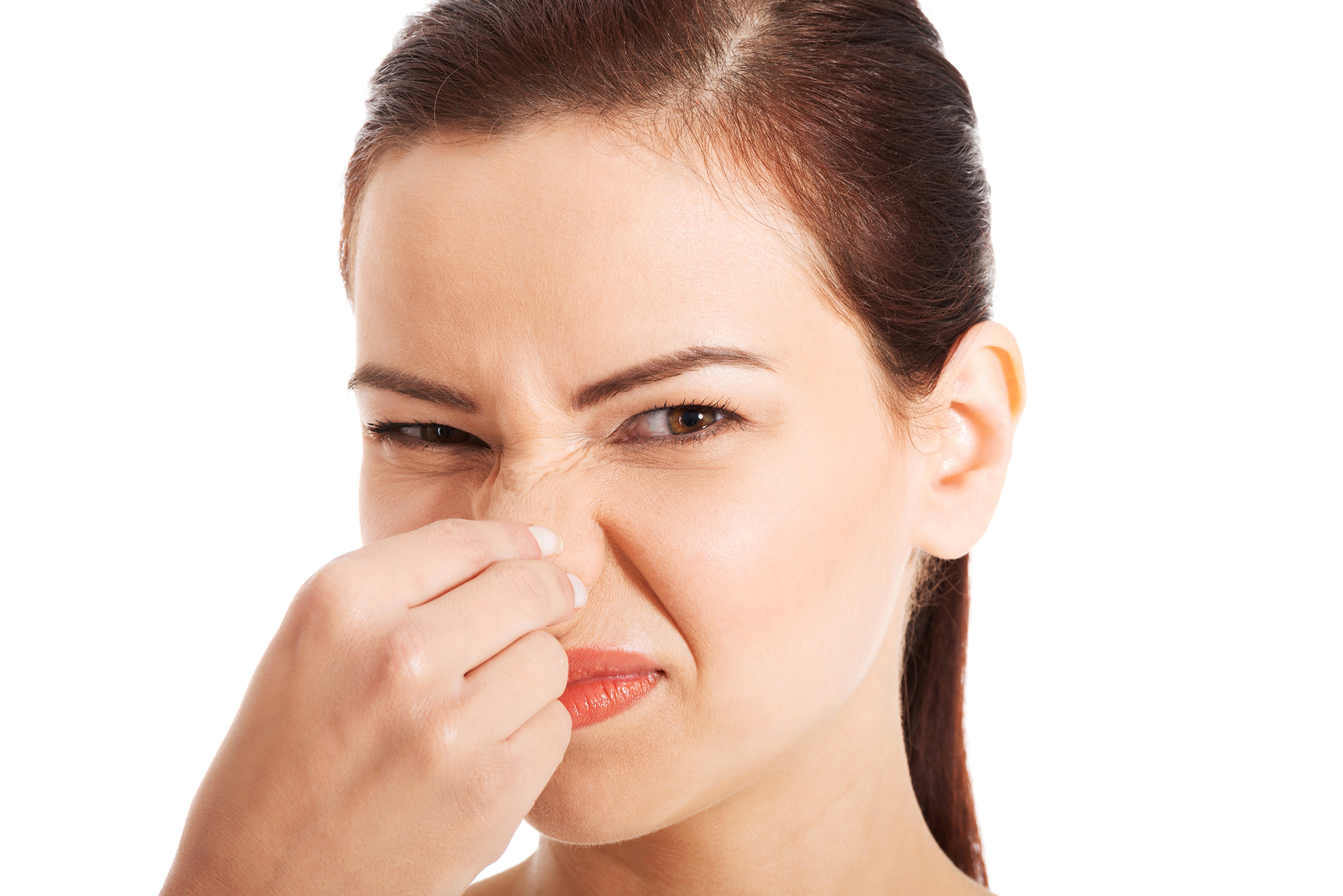Smelly Bathroom Drain: Eliminating Odors.

Smelly bathroom drains are a common household problem that can impact both your comfort and your health. While the source of the odor might seem elusive, determineing the culprit is the first step towards eliminating the unpleasant smell. This article delves into the causes and solutions for eliminating nasty bathroom drain odors, providing practical advice for both DIY repairs and when to seek professional help. We’ll explore everything from simple preventative measures to more involved plumbing fixes, giving you a thorough guide to reclaiming a fresh-smelling bathroom. We’ll also cover the potential causes and offer actionable steps to take.
Understanding the Culprit: determineing Smelly Bathroom Drain Causes
Common Culprits of Drain Odors
Food particles, soap scum, hair, and other debris are frequent culprits behind smelly drains. These substances often lodge themselves in the plumbing pipes, creating ideal breeding grounds for bacteria. This leads to unpleasant odors that permeate the bathroom. The odor, a telltale sign of a potential problem, can stem from various sources, including clogged pipes, mineral deposits, and anaerobic bacteria growth. Understanding what is causing the odor is paramount to choosing the correct solution.
The function of Bacteria in Drain Odors
Bacteria thrive in damp environments and can multiply rapidly, especially in the stagnant water of a clogged or poorly ventilated drain. These bacteria produce gases and organic compounds, outcomeing in the characteristic foul odors. Properly ventilating your drains, often overlooked, can prevent bacterial buildup. Regular inspection and maintenance can prevent this from escalating.
Preventing Future Odor Problems: Maintaining Your Drains
Related Post : Foggy Bathroom Mirror: Preventing Condensation.
Regular Cleaning and Maintenance
The optimal way to prevent odors in the first place is through routine drain maintenance. Regularly cleaning your drains can significantly reduce the buildup of food particles, soap scum, hair, and other debris. This proactive approach will limit the growth of bacteria and prevent odors from lingering. Implementing a simple cleaning schedule is a straightforward step toward a healthier, fresher bathroom.
Proper Disposal Practices
Following proper disposal practices will drastically cut down on the buildup of clogs and unpleasant smells. Avoid flushing non-flushable items such as grease, oils, and large quantities of food waste down the drains, and always ensure your garbage disposal is maintained to prevent clogs.
Maintaining Proper Ventilation
Proper ventilation is crucial for preventing odor buildup. Inadequate ventilation can lead to excessive moisture accumulation, contributing to bacterial growth. Consider installing exhaust fans in your bathroom or ensuring existing vents are functioning correctly.
DIY Drain Cleaning Solutions
Simple Methods for Minor Odors
For mild odors, a few simple DIY methods can often resolve the issue. Try using boiling water, poured slowly down the drain, to help dislodge trapped debris. Baking soda and vinegar can also be effective for dissolving clogs and neutralizing odors. Pouring a mixture of baking soda and vinegar down the drain can help break up clogs and eliminate odors. Use hot water as a follow-up to flush the residue down the drain.
More Powerful Solutions
If the simple methods are not sufficient, consider using drain cleaners. Caustic drain cleaners can be highly effective but can also damage pipes. Always follow the manufacturer’s instructions carefully and wear appropriate safety equipment. Use caution as these chemicals can potentially cause harm. Carefully read the instructions before use. Use caution when handling these chemicals.
Professional Drain Cleaning Solutions
When to Call a Plumber
If DIY methods do not work, it’s crucial to call a qualified plumber. Serious clogs or plumbing issues may require professional expertise. Complex problems, like a persistent odor despite attempts to clear clogs, may point to an underlying issue that requires a professional plumber’s expertise. They can determine and address the root cause of the issue with a thorough inspection and appropriate solutions.
Advanced Plumbing Techniques
Plumbers can diagnose problems such as root rot, clogs deeper in the pipes, or structural defects that aren’t visible. They may use specialized equipment such as video inspection cameras to pinpoint the source of the problem and implement targeted solutions. If a clog is severe, a plumber may need to clear the blockage, using specialized tools to prevent future odors. A plumber can properly diagnose and fix complex plumbing issues.
Addressing Recurring Issues: Preventative Measures
Preventing Future Odors
Once you’ve addressed the immediate smell, implementing preventive measures will ensure the problem doesn’t return. Proper disposal methods, routine maintenance, and regular inspections can contribute to a long-term solution. Keeping an eye on your drains and taking proactive steps will prevent future odor issues from arising. Follow a preventative maintenance routine to help ensure your drains stay odor-complimentary.
Importance of Regular Inspections
Regular drain inspections can help spot potential issues before they escalate into major problems. If you determine problems early, the solution is typically less complex and less expensive. Early intervention is crucial in keeping bathroom drains healthy and odor-complimentary.
In conclusion, tackling smelly bathroom drains requires a multifaceted approach that combines prevention, identification of the source, and targeted solutions. By understanding the root cause of the odor—whether it’s food particles, soap scum, or lingering bacteria—you can effectively eliminate the smell and maintain a fresh, clean bathroom environment. Remember to regularly inspect your drains, maintain proper ventilation, and consider professional assistance if the problem persists. Now, let’s address some common querys you might have about smelly bathroom drains.
